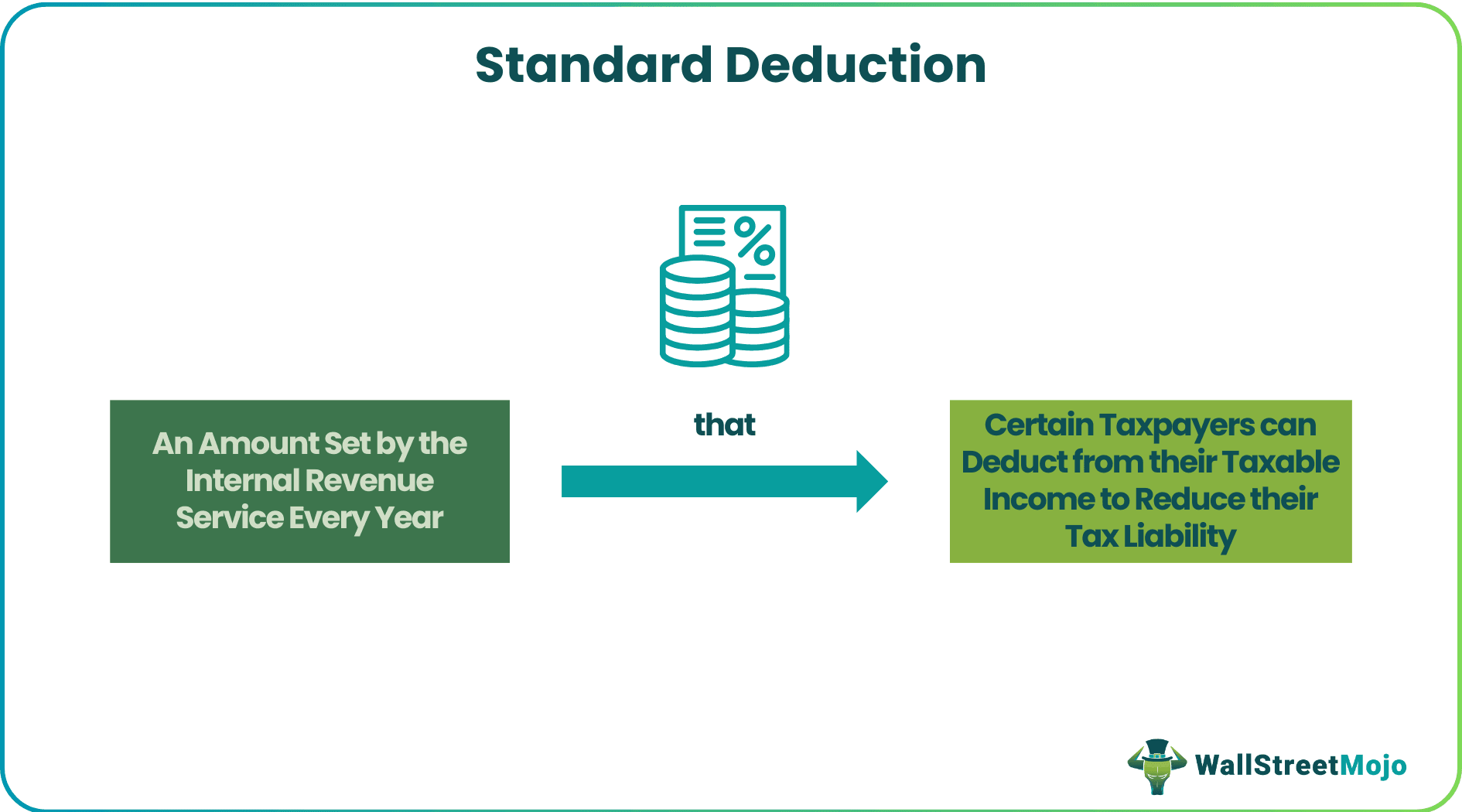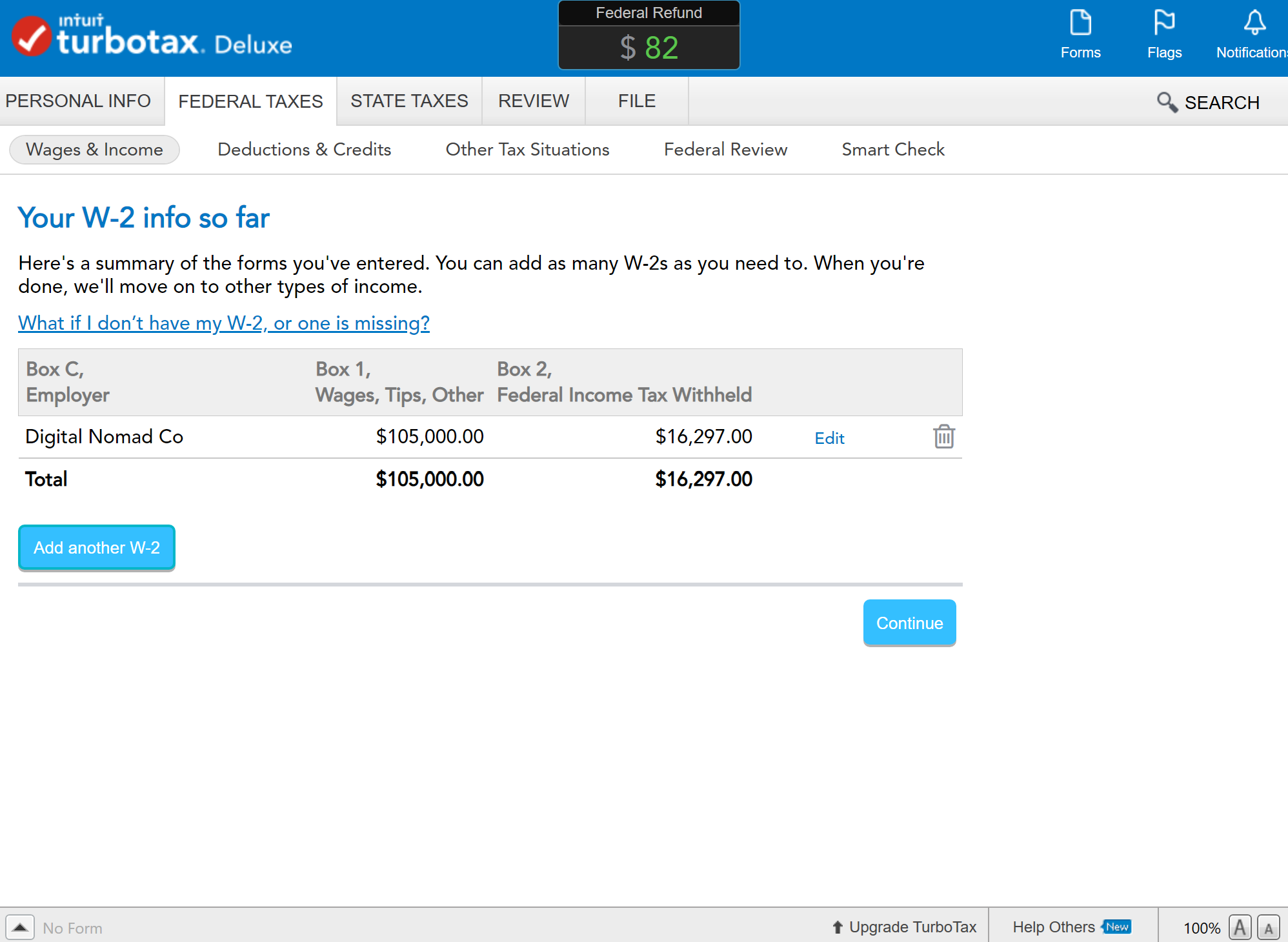Understanding the Foreign Earned Income Exclusion and Its Influence On Your Basic Reduction
The Foreign Earned Income Exclusion (FEIE) uses significant benefits for expatriates, permitting them to leave out a part of their foreign-earned income from united state taxes. Claiming the FEIE can complicate one's tax situation, specifically relating to the standard reduction. Recognizing this interaction is vital for individuals living abroad. As migrants browse these complexities, they need to think about exactly how their options influence their total tax liability. What strategies can they use to optimize their economic results?
What Is the Foreign Earned Earnings Exclusion (FEIE)?
The Foreign Earned Income Exemption (FEIE) serves as a crucial tax obligation advantage for U.S. people and resident aliens functioning abroad. This arrangement permits eligible individuals to leave out a significant section of their foreign-earned earnings from united state taxation, effectively minimizing their general tax obligation burden. The FEIE aims to alleviate the financial pressure on expatriates and urges Americans to go after employment possibility in foreign markets. The exclusion uses to incomes, incomes, and specialist charges made while staying in an international nation. The maximum exclusion quantity is changed yearly for inflation, ensuring that it continues to be pertinent to existing economic problems. By utilizing the FEIE, expatriates can preserve even more of their income, fostering economic security while living overseas. Overall, the FEIE plays a crucial function in forming the economic landscape for Americans abroad, assisting in a smoother change to worldwide work environments and promoting financial involvement on a global range.
Qualification Demands for the FEIE
Eligibility for the Foreign Earned Earnings Exclusion (FEIE) is contingent upon meeting details criteria set by the Irs (IRS) Primarily, individuals have to be U.S. residents or resident aliens who earn revenue while staying in a foreign country. To certify, they must please a couple of main examinations: the Physical Presence Test or the Authentic Home Examination.
The Physical Visibility Test requires individuals to be literally existing in a foreign nation for at the very least 330 full days within a 12-month duration - FEIE Standard Deduction. Alternatively, the Authentic House Test demands that individuals establish residency in an international country for a nonstop period that includes a whole tax year
Furthermore, the income has to be obtained from individual services done in the foreign nation. Satisfying these requirements permits taxpayers to exclude a substantial part of their foreign-earned revenue from united state taxation, therefore minimizing their general tax obligation.
How to Assert the FEIE

To begin the procedure, people must collect records that verify their international earnings, such as pay stubs, income tax return from foreign nations, and any appropriate employment agreement. It is essential to assure all revenue declared under the FEIE is gained from international resources and meets the needed limits.
Furthermore, taxpayers need to think about filing due dates and any kind of possible extensions. Asserting the FEIE properly not only aids in lessening tax obligation liability but additionally ensures compliance with IRS guidelines. Proper documents and adherence to guidelines are important for a successful insurance claim of the Foreign Earned Revenue Exclusion.
The Interaction In Between FEIE and Basic Reduction
The communication in between the Foreign Earned Earnings Exclusion (FEIE) and the standard reduction is an essential element of tax obligation preparation for migrants. Understanding the standard principles of FEIE, together with the constraints of the conventional reduction, can substantially impact tax obligation declaring techniques. This section will certainly check out these components and their effects for taxpayers living abroad.
FEIE Fundamentals Explained
While many expatriates seek to reduce their tax concern, understanding the communication in between the Foreign Earned Revenue Exemption (FEIE) and the standard reduction is vital. The FEIE permits united state people and resident aliens living abroad to exclude a certain quantity of foreign earned earnings from united state tax. This exemption can considerably reduce gross income, potentially influencing qualification for other reductions, such as the common deduction. Extremely, people that claim the FEIE can not likewise take the common reduction versus the omitted revenue. Therefore, expatriates should thoroughly More Help examine their total income and reductions to enhance their tax obligation situation. Understanding of these interactions can lead to even more informed financial decisions and much better tax methods for migrants steering through their distinct circumstances.
Standard Reduction Limitations
Comprehending the constraints of the basic deduction in regard to the Foreign Earned Earnings Exclusion (FEIE) is important for expatriates navigating their tax obligation duties. While the FEIE allows qualifying individuals to exclude a certain amount of foreign-earned revenue from U.S. taxation, it can affect the standard reduction they are eligible to case. Especially, taxpayers who declare the FEIE can not additionally claim the common reduction on that particular left out revenue. In addition, if a migrant's complete revenue falls below the standard reduction threshold, they may not profit from it at all. This interaction necessitates careful preparation to enhance tax obligation advantages, as underutilizing the typical reduction can cause greater taxed revenue and increased tax liability. Comprehending these restrictions is essential for efficient tax approach.
Tax Filing Implications
Navigating the tax obligation filing effects click to find out more of the Foreign Earned Revenue Exemption (FEIE) calls for mindful factor to consider of exactly how it engages with the common deduction. Taxpayers utilizing the FEIE can leave out a significant part of their foreign-earned revenue, however this exclusion influences their qualification for the typical deduction. Specifically, if a private cases the FEIE, they can not likewise claim the basic deduction for that earnings. This can bring about a reduced total tax obligation responsibility but may make complex the filing process. Additionally, taxpayers need to assure compliance with IRS demands when filing Form 2555 for the FEIE. Comprehending these interactions is vital for optimizing tax advantages while avoiding possible challenges in the declaring procedure. Mindful planning can maximize benefits this website and decrease responsibilities.
Potential Tax Obligation Implications of Using the FEIE
The Foreign Earned Earnings Exemption (FEIE) provides considerable tax obligation benefits for united state residents working abroad, yet it also comes with potential ramifications that necessitate careful consideration. One significant effect is the influence on qualification for specific tax debts and deductions. By choosing to make use of the FEIE, taxpayers may inadvertently reduce their adjusted gross earnings, which can restrict accessibility to debts like the Earned Earnings Tax obligation Credit scores or lower the amount of basic reduction available.
In addition, people that use the FEIE may deal with complications when returning to the U.S. tax obligation system, particularly worrying the taxes of future earnings. The exemption uses just to gained income, suggesting other revenue types, such as returns or passion, remain taxed. This difference requires careful record-keeping to assure conformity. Finally, the FEIE might impact state tax responsibilities, as some states do not acknowledge the exemption and may tire all earnings earned by their locals, despite where it is made.
Tips for Optimizing Your Tax Benefits While Abroad
While working abroad can be improving, it also provides one-of-a-kind possibilities to optimize tax advantages. To make best use of these benefits, people must initially establish their qualification for the Foreign Earned Earnings Exclusion (FEIE) and take into consideration the physical existence test or the authentic residence examination. Maintaining comprehensive documents of all revenue earned and costs sustained while overseas is crucial. This documents supports insurance claims for credits and deductions.
Furthermore, recognizing the tax obligation treaties in between the United States and the host nation can aid avoid double taxation. People should also discover payments to tax-advantaged accounts, such as Individual retirement accounts, which might supply further reductions.

Finally, speaking with a tax specialist concentrating on expatriate tax obligation legislation can provide tailored methods and guarantee compliance with both united state and foreign tax obligation responsibilities. By taking these steps, migrants can effectively enhance their financial circumstance while living abroad.
Regularly Asked Concerns
Can I Make Use Of FEIE if I Function for an International Federal government?
Yes, an individual can utilize the Foreign Earned Earnings Exemption (FEIE) while benefiting an international government, provided they fulfill the requisite problems laid out by the IRS, consisting of the physical visibility or bona fide residence tests.

Does FEIE Relate To Self-Employment Revenue?
The Foreign Earned Earnings Exclusion (FEIE) does relate to self-employment income, supplied the specific meets the needed needs. Qualified independent individuals can leave out qualifying revenue made while staying in an international country from taxation.
What happens if My Foreign Income Surpasses the FEIE Restriction?
If international earnings exceeds the FEIE limit, the excess amount may undergo U.S. taxation. Taxpayers have to report and pay taxes on the income over the exemption threshold while still benefiting from the exemption.
Can I Claim the FEIE and Make A List Of Reductions?
Yes, individuals can declare the Foreign Earned Income Exclusion (FEIE) while additionally itemizing reductions. They should be aware that asserting the FEIE might impact the availability of specific itemized deductions on their tax obligation return.

How Does FEIE Influence My State Tax Obligations?
The Foreign Earned Income Exclusion can decrease state tax obligation responsibilities, as numerous states adhere to federal standards. Nevertheless, private state rules vary, so it's vital to get in touch with state tax regulations for details ramifications on tax responsibilities.
The Foreign Earned Income Exclusion (FEIE) supplies significant advantages for expatriates, permitting them to leave out a section of their foreign-earned earnings from U.S. taxation. While many migrants seek to lower their tax obligation concern, understanding the interaction in between the Foreign Earned Income Exemption (FEIE) and the typical reduction is crucial. Understanding the restrictions of the conventional deduction in relation to the Foreign Earned Earnings Exclusion (FEIE) is essential for expatriates maneuvering their tax obligation duties. The exemption applies just to gained revenue, indicating various other income kinds, such as rewards or interest, continue to be taxed. The Foreign Earned Income Exclusion (FEIE) does use to self-employment revenue, offered the specific meets the essential requirements.